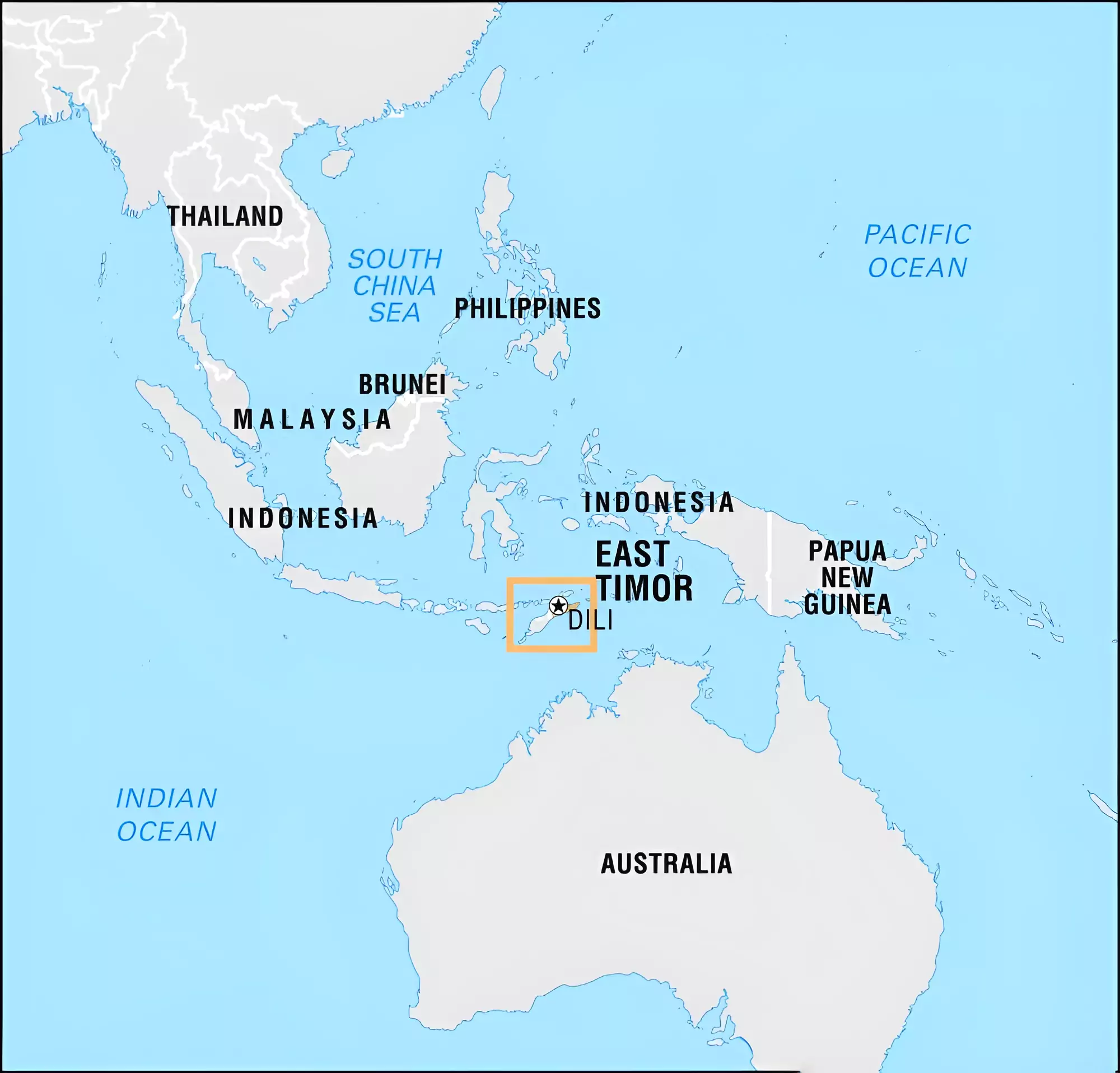Recent statements by the Bangladesh Prime Minister highlighted a few strategically significant issues that hint at the US without mentioning it. Also as Bangladesh draws closer to China, India will need to strategize for its Act East policy.
Issues raised by the Bangladesh Prime Minister

- Plan for a Christian State: She referred to a plot to carve out a “Christian state like East Timor” out of parts of Bangladesh and Myanmar.
- Demand for Airbase: A demand to build an airbase in Bangladeshi territory by a foreign country.
- Supply Natural Gas: She also that a pressure is built on Bangladesh to export natural gas to India.
Enroll now for UPSC Online Course
Concerning Bangladesh and US Relations
- Recent Actions:
- Raise Question on Electoral Process and Democracy: In the 2024 elections, the US commented on Bangladesh’s democracy and the electoral process.
- Restrictions & Sanctions: The US imposed visa curbs and also sanctioned officials of the Rapid Action Battalion (RAB) for human rights violations.
- Earlier Actions:
- Support to Opposition: The US had earlier attempted to make headway in the region by backing opposition forces such as the National Unity Government (NUG) and People’s Defence Forces (PDF).
- No Invitation to the Summit: The US invited Pakistan for a virtual summit on democracy (2021) but not Bangladesh.
- Proposal of Joint Exercise: In 1998, the US proposed that Bangladesh sign the Status of Forces Agreement (SOFA), which would enable American troops to conduct joint exercises and take part in rescue and relief operations.
- Fearing the violation of its sovereignty Bangladesh opposed the agreement and instead, the softer Humanitarian Assistance Need Assessment (HANA) was signed.
- At this time, the US wanted this provision to secure its investments, particularly ($750 million in 1999) in the natural gas sector.
- Use of the Carrot and Stick Policy: There are instances when the US used food aid as a direct instrument for political pressure. During the 1974 famine, the US suspended its food aid to Bangladesh because the country started exporting jute to a blacklisted country, Cuba.
- Even the recognition of Bangladesh was linked with the Indian troops’ withdrawal.
- A pro-Soviet Finance Minister was forced to resign from the cabinet prior to Henry Kissinger’s (a famous American diplomat) visit to Bangladesh.
- Allegations by Bangladesh:
- The Bangladesh Prime Minister had earlier remarked that her government is facing such criticism from the US because it refused to let the latter have a naval base on St Martin Island in the Bay of Bengal.
- The US has used its strategic interests to align its policies vis-a-vis Bangladesh.
Significance of the Bay of Bengal and Bangladesh Region
- Attract Interest: As a historical node of the global silk trade and because of its access to the Indian Ocean, the Bay of Bengal (BoB) has attracted the interest of several international actors, including the US and China.
- Counter Adversaries: During the Cold War, the Americans wanted to minimise Soviet influence and power in the region and now, there are similar concerns over China.
- Desire of Strong Presence: The US has long wanted to have a strong military and political presence in the BoB region.
- A Bridge of Connectivity: In the 1950s, the US Secretary of State realised the significance of the strategic location of the then undivided Pakistan.
- The region fit neatly into the American concept of a “bridge” between the Middle East and Southeast Asia — the two wings of Pakistan were located at the western and eastern side of the Subcontinent.
- Thus, the US invited Pakistan into the Central Treaty Organization (CENTO) and Southeast Asia Treaty Organization (SEATO) in 1954-55.
- It is for the same reason that the US opposed the creation of Bangladesh in 1971 and sent its nuclear carrier, the USS Enterprise, to the BoB.
An Important and Impacting China Factor
- Creating Influence: In recent decades, there has been a spurt in the Chinese economic and infrastructure projects in the BoB region.
- Aspirations: China aspires for physical connectivity along the BoB through projects like the Bangladesh-China-India-Myanmar Economic Corridor (BCIM) and China-Myanmar Economic Corridor (CMEC).
- Importance:
- This may avoid a choke point, the Malacca Straits for Chinese trade and give strategic access to the BoB.
- This region is also a source of natural gas imports through pipelines from Sittwe (Myanmar) to China’s Yunnan province.
- Actions Taken: In Myanmar, the Chinese are supporting the military junta as well as rebel-armed ethnic groups by providing logistic and arms support.
- They have also given false hope by proposing mediation for the repatriation of Rohingya refugees.
- Deepening of Relations:
- Economic Relations: As Bangladesh’s largest trading partner, China has made substantial investments in manufacturing and infrastructure projects – the Karnaphuli tunnel, Padma Bridge, Payra deep-sea port, and Chittagong shipping facility.
- It has also proposed upgrading Sylhet Airport and dredging the Teesta River.
- Defense Cooperation: It has also become a cornerstone, as China is Bangladesh’s primary arms supplier.
- Non-interfering Image: China’s portrayal of itself as a politically neutral and non-interfering partner has garnered favor within the country.
- Apart from economic reasons, one may also argue that increasing US inference in its internal affairs is pushing Bangladesh towards China.
Enroll now for UPSC Online Classes
Impact on India
- India has a significant interest in Bangladesh and Myanmar for the development of India’s Northeastern states and to execute its Act East policy.
- China has already reduced India’s space in the region; how far the US will address India’s interest is a vital question.
![]() 1 Jun 2024
1 Jun 2024

